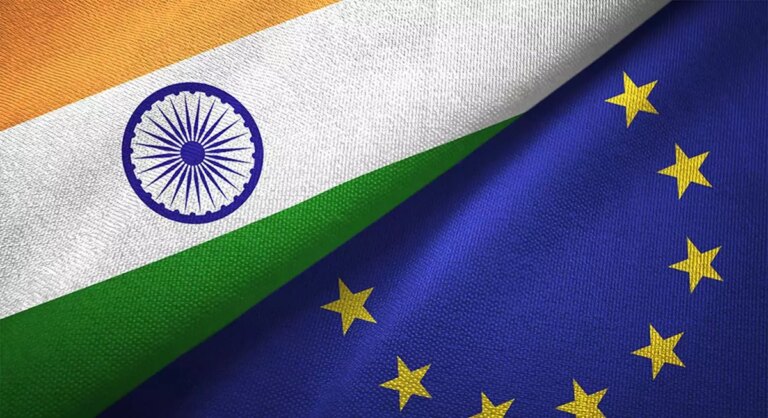India, Indonesia and Turkey have expressed concerns over the EU’s draft waste shipment regulation, which some say goes beyond the legitimate objective of protecting the environment by subjecting hazardous waste and waste used for the recycling industry to the same measures, sources said.
The issue was raised by countries in the WTO Committee on Goods. “The opposing countries pointed out that the EU was perfectly entitled to make every effort to protect public health and the environment from the risks posed by unregulated transport of waste. They said that if the objectives were legitimate, the measures should not unnecessarily hamper international trade,” a Geneva-based official told Businessline.
EU waste exports to third countries have increased by 72% since 2004, reaching 35 million tonnes per year in 2023, according to the EU. As much as 49% of waste exported from the EU goes to non-OECD countries. Under the new regulation, EU waste exports to non-OECD countries will only be allowed if these countries inform the European Commission that they are prepared to import waste and demonstrate that they have the capacity to manage it sustainably. These new requirements will apply from 21 May 2027.
G7 trade sanctions
India was the second largest destination for EU waste exports in 2022, receiving 3.5 million tonnes of waste from the bloc, according to EU data. It was followed by the UK (2.0 million tonnes), Switzerland (1.6 million), Norway (1.6 million), Egypt (1.6 million), Pakistan (1.2 million), Indonesia (1.1 million), Morocco and the US (0.8 million each). Turkey was the largest recipient with an import volume of 12.4 million tonnes.
At the WTO meeting, Indonesia said there should be “intensive communication and dialogue” with members on the regulations to ensure transparency and better understanding of how a country can be classified as an export-eligible country. It also said there should be minimal barriers for countries seeking to obtain waste for reuse as raw materials and avoid excessive administrative and certification requirements.
In its defence, the EU said the regulation contained provisions ensuring that conditions for importing waste by other countries would be broadly equivalent to those in the Union. “The EU has ensured that the rules do not require full compliance with EU laws. The aim was simply to ensure that countries importing waste from the EU are able to demonstrate that their regulations lead to a similar level of environmental protection to that of the EU,” the trade official said.
The EU also said it was open to comments from other countries and would provide practical advice on how to comply with the new waste shipment regime.
This is your last free item.


